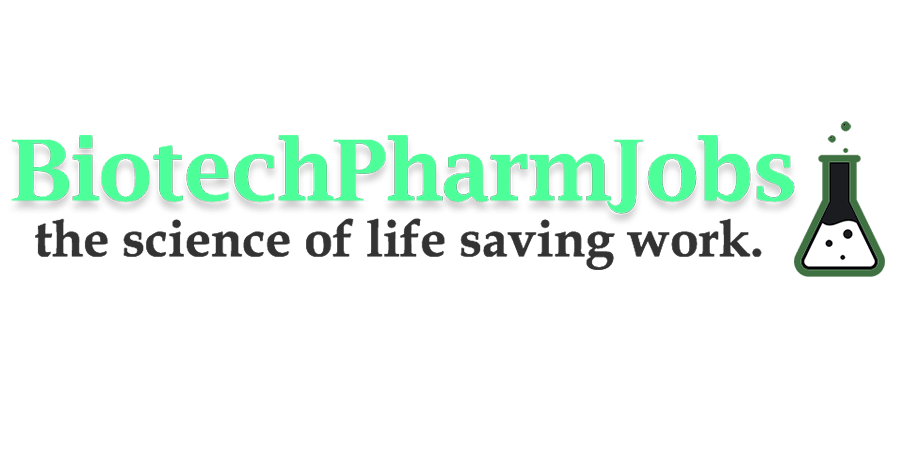- 0 Jobs Added
- 20 Active Candidates
- 20 Active Employers
POPULAR JOB CATEGORIES
A better career is out there. We'll help you find it. We're your first step to becoming everything you want to be.
-
Drug Development & Translational Science 0
-
Clinical Research & Trials 0
-
Biology & Life Sciences 0
- Biotech & Pharma Research 0
-
Biostatistics & Data Science 0
- Manufacturing & Process Development 0
- Regulatory Affairs & Compliance 0
- Quality Assurance & Quality Control 0
-
Drug Safety & Pharmacovigilance 0
-
Medical Affairs & Clinical Strategy 0
-
Public Health & Biosecurity 0
-
Product, Project & Program Management 0
-
Commercial & Business 0
-
Leadership & Executive 0
-
Genomics, Cell & Gene Therapy 0
Featured Jobs Listings
A better career is out there. We'll help you find it. We're your first step to becoming everything you want to be.
BioTechPharmJobs Recruitment Blog
Follow The BioTechPharmJobs Recruitment Blog for the latest biotech, pharma, clinical research, oncology, regulatory and life science career insights.
-

From Setback to Startup: Biotech and Pharma Pros A...
Something breaks. The layoff lands. The promotion disappears. A project loses funding. A job vanishes. The aftermath is quiet and…
Read Articles -

You, a Tech Career, and the Map No One Gave You
Maybe it started with fixing your friend’s Wi-Fi. Or watching someone build an app and thinking, “I could do that.”…
Read Articles -

Leading Forward: Strategies for BioTechPharma Wome...
- BY Devon King
By Devon KingImage by Freepik If you’re in biotech, pharma, or clinical research, you already know the landscape doesn’t just…
Read Articles

